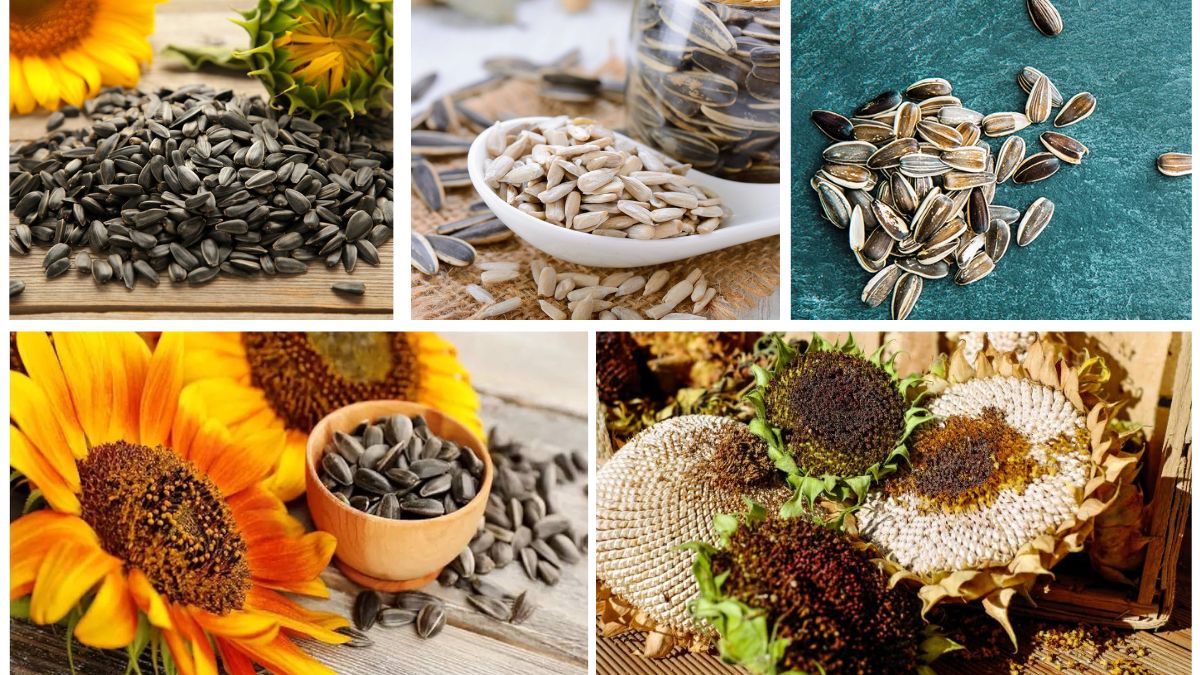Sunflower seeds, the small but mighty kernels harvested from the bright and cheery sunflower (Helianthus annuus), have become an essential agricultural commodity worldwide. Renowned for their nutritional value, culinary versatility, and economic significance, sunflower seeds are not just a snack—they are a key source of vegetable oil, a component in baked goods, and even an ingredient in animal feed.
But among all the countries cultivating this sunny crop, which one produces the most sunflower seeds globally? The answer tells a story of climate, soil, agricultural innovation, and international trade.
The Global Significance of Sunflower Seeds
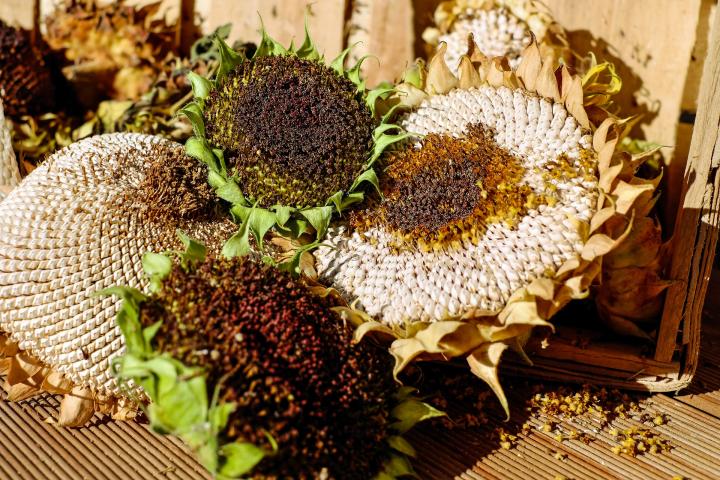
Sunflower seeds are prized for multiple reasons:
- Nutritional Value – Rich in healthy fats, protein, fiber, vitamin E, and essential minerals, sunflower seeds are a powerhouse for heart health, skin care, and overall nutrition.
- Culinary Uses – Sunflower seeds can be eaten raw, roasted, or used in salads, cereals, bakery products, and spreads. Sunflower oil, derived from seeds, is a staple in cooking worldwide due to its light flavor and high smoke point.
- Agricultural Benefits – Sunflowers are hardy, drought-tolerant crops that enrich soil and can be integrated into crop rotation systems, improving soil health for subsequent crops.
- Economic Importance – The seeds and oil are valuable commodities in global trade. Many countries rely on sunflower cultivation for domestic consumption and export revenue.
Sunflower seeds are cultivated in over 50 countries, with the majority concentrated in Europe, Asia, and North America.
Global Sunflower Seed Production
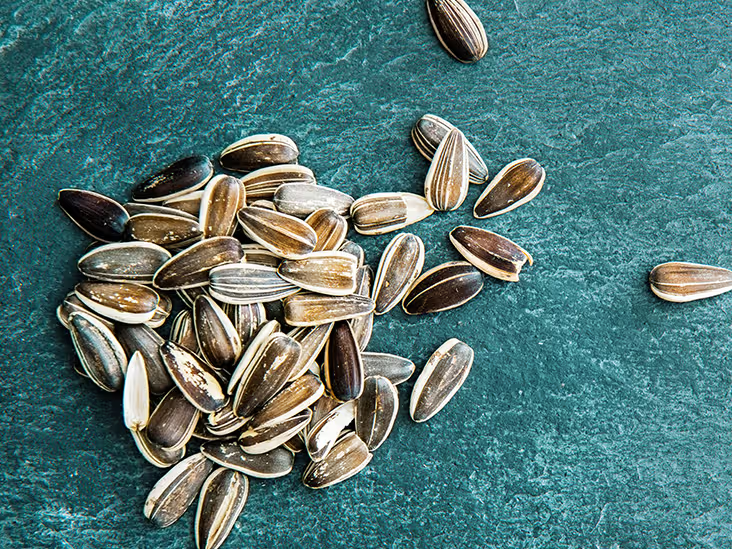
Global production of sunflower seeds exceeds 55 million metric tons annually, with several countries competing for the top spot. The top producers account for the majority of the world’s output, including Ukraine, Russia, Argentina, Turkey, and the United States.
Among these, Ukraine currently leads the world in sunflower seed production, making it the largest producer globally.
Ukraine – The World’s Largest Sunflower Seed Producer
Ukraine is often referred to as the “sunflower capital of the world.” With an annual production of around 16–18 million metric tons, Ukraine contributes approximately 25–30% of the world’s total sunflower seed output.
Why Ukraine Leads in Sunflower Seed Production
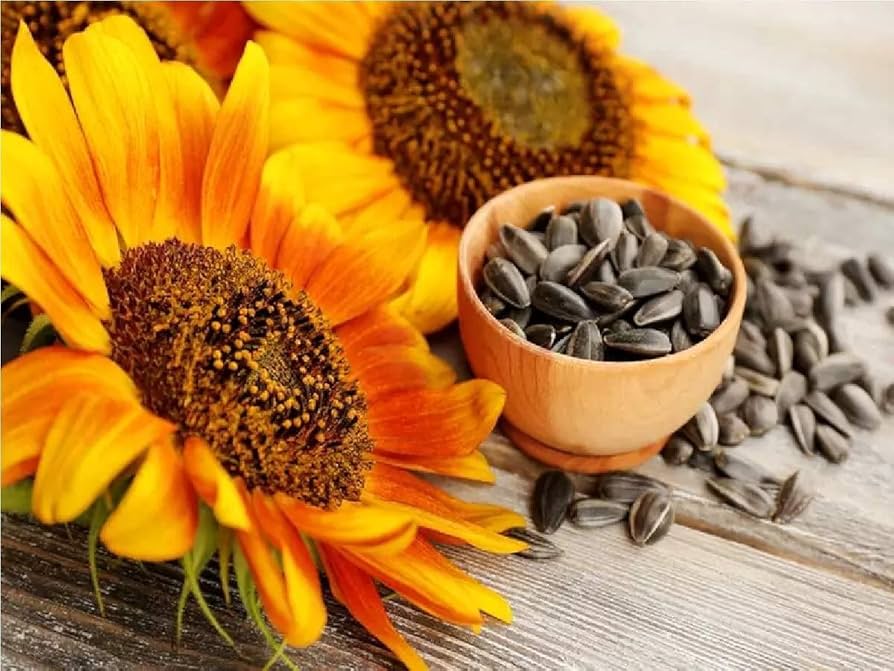
- Ideal Climate and Soil – Ukraine’s fertile chernozem (black soil) and temperate continental climate provide perfect growing conditions for sunflowers. The seeds thrive in the long sunny days and rich soils of the country’s central and southern regions.
- Large Cultivation Area – Sunflowers are grown on millions of hectares, particularly in regions such as Vinnytsia, Poltava, Kharkiv, and Zaporizhzhia.
- Technological Advancements – Modern agricultural techniques, high-yield varieties, and mechanized farming have significantly boosted productivity.
- Export Powerhouse – Ukraine is the world’s largest exporter of sunflower oil, with major buyers including the European Union, India, and China. Much of the sunflower seeds are processed domestically into oil before export, giving Ukraine a significant role in the global edible oil market.
Challenges Facing Ukrainian Production
While Ukraine dominates, its sunflower industry faces several challenges:
- Political instability and conflict have disrupted farming activities and export routes in recent years.
- Climate variability can lead to droughts or excessive rainfall, affecting yields.
- Pests and diseases, including sunflower moths and downy mildew, pose ongoing threats to productivity.
Despite these hurdles, Ukraine remains at the forefront of sunflower seed production, combining natural advantages with advanced agricultural practices.
Russia – The Second Largest Producer

Russia is the second-largest sunflower seed producer globally, with an annual output of around 14–15 million metric tons.
Why Russia Excels
- Expansive Farmlands – Russia has vast arable lands in regions like the Southern Federal District, which are ideal for sunflower cultivation.
- Growing Domestic Demand – Sunflower seeds and oil are staples in Russian diets, contributing to stable domestic markets.
- Export Markets – Russia exports sunflower seeds and oil to Europe, the Middle East, and Asia, making it a major player in the global trade.
Challenges for Russian Production
- Extreme weather events, including droughts and frosts, occasionally reduce yields.
- Infrastructure limitations in remote regions can increase transportation costs.
Despite these challenges, Russia remains a formidable competitor in global sunflower production.
Argentina – The Leading Producer in South America
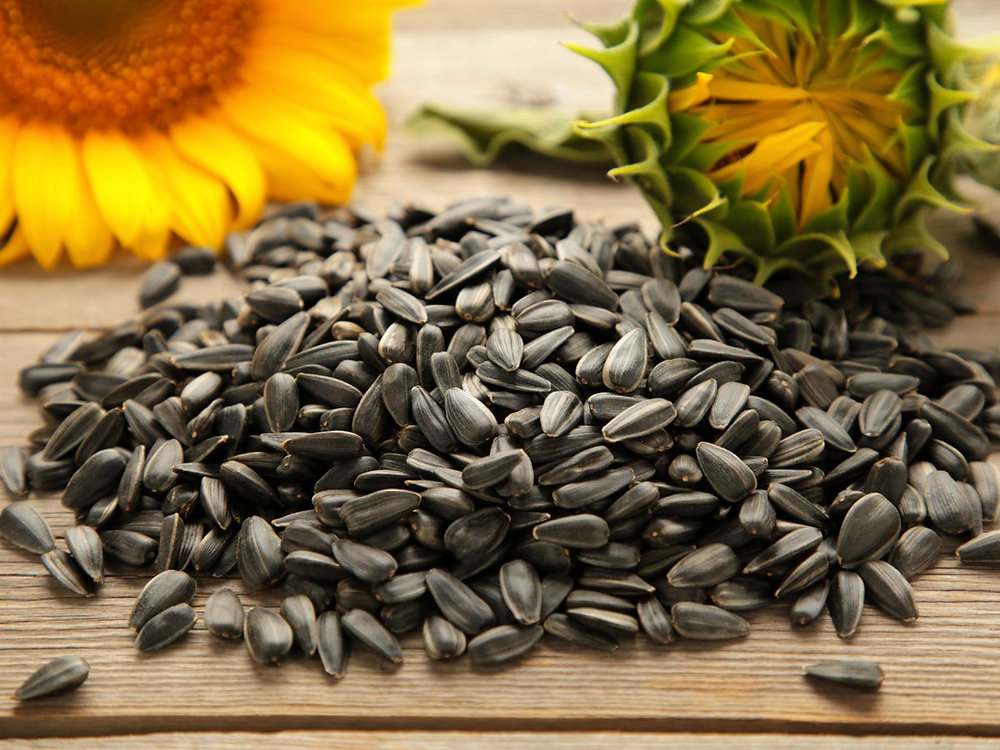
Argentina is the largest producer of sunflower seeds in South America, producing around 3–4 million metric tons annually.
Key Features of Argentina’s Sunflower Industry
- Ideal Growing Regions – The Pampas region, known for its fertile soils, is central to Argentina’s sunflower cultivation.
- Focus on Oil Production – Much of Argentina’s sunflower seed crop is processed into oil for domestic use and export.
- Export-Driven Economy – Sunflower oil is one of Argentina’s major agricultural exports, alongside soybeans and maize.
Challenges include occasional droughts, fluctuations in global oil prices, and high production costs.
Other Notable Producers
Other countries contributing significantly to global sunflower seed production include:
- Turkey: Produces around 2 million metric tons; sunflower seeds are widely consumed as snacks and used for oil.
- United States: Produces 1.5–2 million metric tons, primarily in North Dakota, South Dakota, and Kansas, and is a key exporter of sunflower oil.
- France, Romania, and Bulgaria: European producers with strong domestic and export markets, particularly in processed sunflower oil.
- China: Although a smaller producer compared to Ukraine or Russia, China grows sunflower seeds mainly for oil production.
Global Sunflower Seed Trade
Sunflower seeds and oil are highly traded commodities. Ukraine and Russia dominate exports, supplying Europe, Asia, and North Africa. The global sunflower oil market is valued at over $20 billion annually, reflecting the crop’s economic importance.
Top Importers of Sunflower Oil
- European Union countries
- India
- China
- Middle Eastern countries
Sunflower seeds themselves are also exported for processing into oil, snacks, and bakery ingredients.
Challenges in Global Sunflower Production
- Climate Change – Droughts, heatwaves, and excessive rainfall threaten yields in many countries.
- Pests and Diseases – Sunflowers are vulnerable to diseases like downy mildew, Sclerotinia stem rot, and pests such as sunflower moths.
- Geopolitical Risks – Conflicts and trade sanctions, particularly in Ukraine and Russia, affect global supply chains.
- Market Volatility – Fluctuating global demand for oil and snacks impacts producer incomes.
The Future of Sunflower Seed Production
With global population growth and rising demand for healthy oils and snacks, sunflower seeds are expected to play an increasingly important role.
Key Trends
- Sustainable Agriculture – Focus on soil health, crop rotation, and eco-friendly pest management.
- New Varieties – Development of drought-resistant and high-oil-content sunflower seeds.
- Rising Global Demand – Plant-based diets, heart-healthy oils, and snack consumption are increasing worldwide.
- Expansion in Non-Traditional Areas – Countries in Africa, South America, and Central Asia are expanding sunflower cultivation to meet growing demand.
Conclusion
So, which country produces the most sunflower seeds globally? The answer is Ukraine, followed closely by Russia and Argentina. Ukraine’s fertile soils, favorable climate, and advanced agricultural practices make it the undisputed leader, while Russia and Argentina remain key contributors to global supply and trade.
Sunflower seeds are more than just a snack—they are a critical source of nutrition, a major oilseed crop, and a driver of international trade. As the world shifts toward healthier diets and sustainable agriculture, sunflower seeds will continue to brighten fields and markets alike, feeding billions of people while powering economies worldwide.
